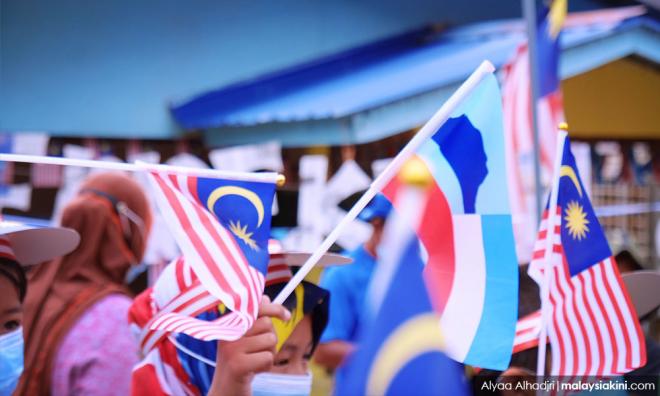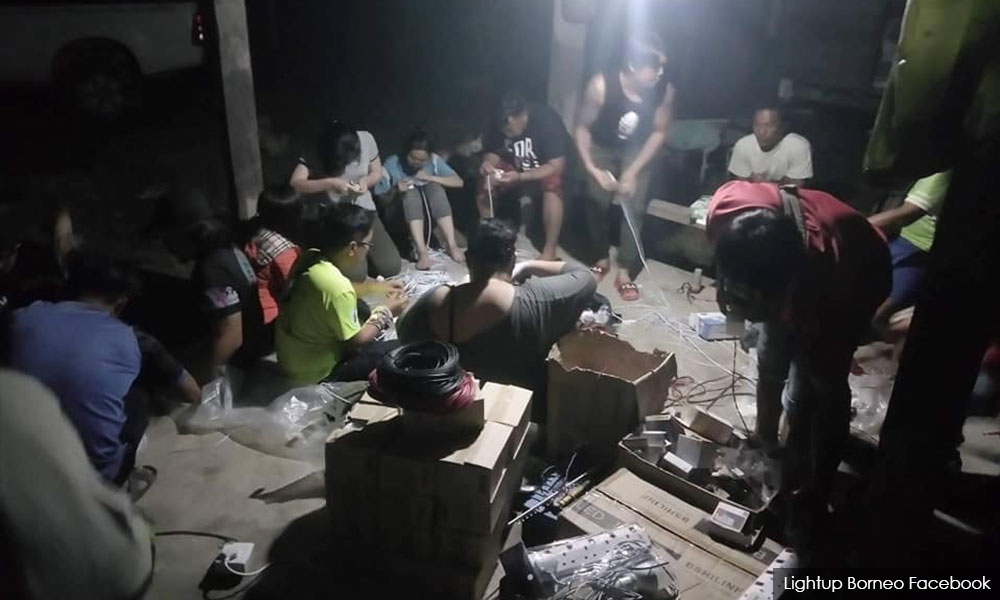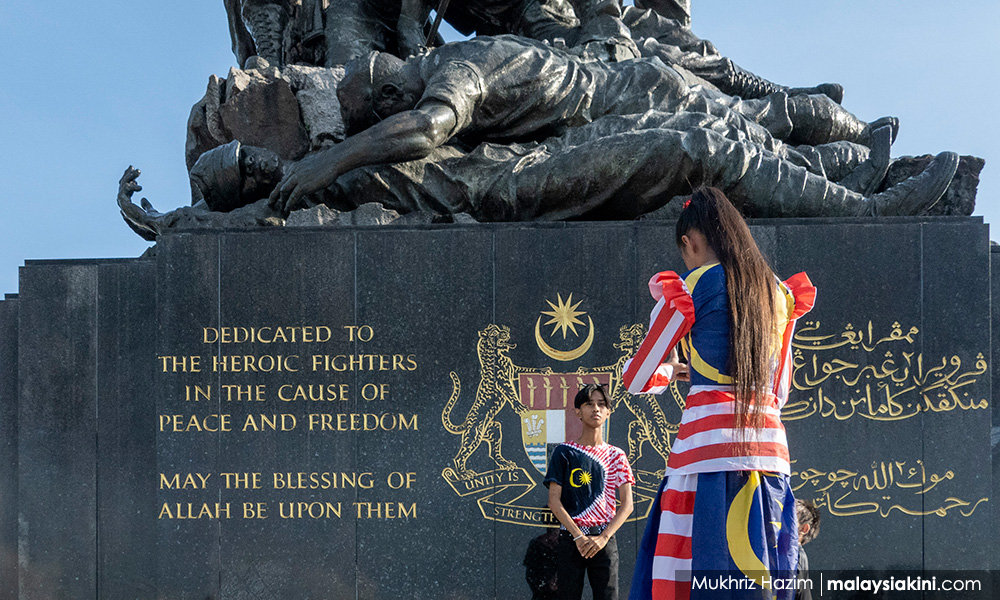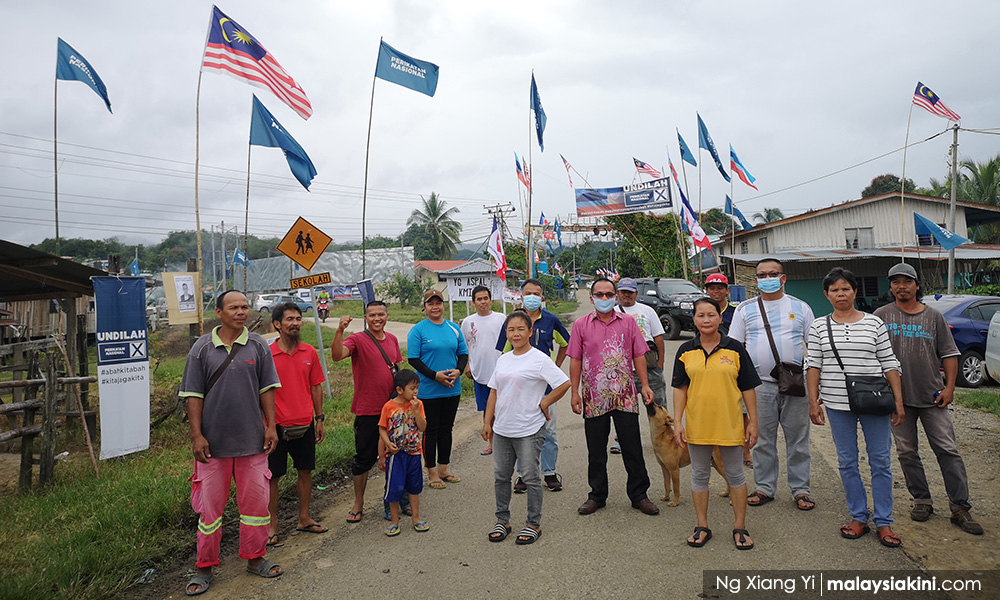
Happy Malaysia Day! I’ll mark the occasion by discussing two major themes I feel are most significant about September 16, Sabah and Sarawak in the Federation, and comparing the narratives of Merdeka and Malaysia Day.
I think it was on Twitter that I read someone saying Malaysia Day is when tons of Malayans spout inaccurate things about Sabah and Sarawak.
I sure hope I don’t make that mistake. My humble apologies beforehand if I do.
I think it’s not uncommon for people to talk about how disconnected East Malaysians feel about Malaysia. Maybe it’s a little less common for people to openly talk about the degree to which they feel this disconnect.
It’s hard to find a good English equivalent to the Malay term ‘dianaktirikan’, when talking about the perceived dynamic between West and East Malaysia - a sense that East Malaysia has been left behind, sidelined, and marginalised in the grand Malaysian scheme of things.
How deep does this feeling go?
It may be illegal for (especially for Sabahans and Sarawakians perhaps) to talk openly about the most extreme scenario: secession.
This means it is a topic seldom discussed publicly. That doesn’t mean that the sentiment does not exist, however.
I suspect that a large - and growing - number of East Malaysians feel that they could indeed be better off if they were to leave the Federation completely.
I think the worst way to react to this is to think of this as treasonous thoughts. The mature way to react to this is to ask why East Malaysians might feel that way and to truly understand the depths of the feelings of disconnect.
The development gap between East and West Malaysia is truly glaring. We’re talking about electricity and running water levels of disparity.

When you compare this to the number of resources that West Malaysia extracts and profits from East Malaysia, we really have to ask: how would we feel if the tables were turned?
Then of course there is the cultural hegemony of West Malaysia. How often do mainstream portrayals of Malaysian identity include significant elements from Sabah or Sarawak?
Are East Malaysians frequently portrayed as an integral part of the Malaysian family, or are they more frequently sidelined in favour of a primarily ‘Malay/Chinese/Indian’ narrative?
If we’re not inclusive in our treatment of Sabahans and Sarawakians, how can we expect them to feel included and be invested stakeholders in the Federation?
In a recent focus group discussion I attended hosted by Angkatan Belia Islam Malaysia, some East Malaysians spoke about the discrimination they faced, whereupon coming to West Malaysia to study, they had classmates who believed they lived on trees.
(I shared that I too had university mates in America who felt that Malaysians lived in trees, but the gentleman in question was from remote Alaska, so I don’t hold it too badly against him.)
It isn’t a pleasant feeling when people who are supposed to be your compatriots know so little about where you are from, that they literally think you live in a tree.
Moving forward, it may even be a healthy thing to be a little more open-minded about acknowledging the sentiments towards secession and other separatist thoughts.
I think it is only once we have heart to heart conversations about how deep these sentiments run that we can meaningfully start to address the core issues, and really connect with one another as equals.
In acknowledging the importance and key role of Sabah and Sarawak, a good place to start may be to reconsider the relative importance of Merdeka Day and Malaysia Day.
Let us consider the dominant narrative in these two historical dates: the first is about how we achieved (or were granted) independence from the British, the second is about how we decided to come together to form a new nation.

We should never, ever neglect the significance of Merdeka, or of the many Malayans who fought and struggled for it.
Historically, however, it may be accurate to recognise our own independence as being part of an unstoppable wave of postwar British decolonisation that was happening all over the world.
In any case, the primary narrative of Merdeka is defined by ourselves and by the British.
The primary narrative of the formation of Malaysia however, is defined by how four separate, independent entities decided to come together to form an entirely new entity.
In recent history, it is probably more common for nation-states to be split into smaller nation-states than it is for them to come together to form a larger entity.
Even the grand experiment of the European Union is now somewhat in question post-Brexit.
Coming together is certainly an extremely difficult thing. In the many echo chambers of the Internet, it is easier and easier for different groups to live in their own silos, believing that everyone else is thinking the wrong way.
Perhaps unity is more elusive now than it ever has been.
So perhaps the biggest achievement that we should commemorate and celebrate on Malaysia Day is that once upon a time, four independent and equal entities took the difficult step of merging into one new nation.

One sibling in this family soon decided to go their own way, and they probably feel it was the right thing to do.
If we want to keep the other siblings in this family together, we have an immense amount of work to do in order to make them feel more included, and more recognised as equals.
The last few years and decades in Malaysia have seen what feels like a never-ending road of more and more fragmentation.
Now, more than ever, we are in dire need of a movement that can bring people together - especially the millions and millions of Malaysians who are more than willing to pour blood, sweat, and tears into building up this beloved nation of ours.
All we need is the right kind of leadership and genuine national unity for unparalleled progress and development to all be within grasp.
NATHANIEL TAN works with Projek Wawasan Rakyat (POWR). He can be reached at nat@engage.my. - Mkini
The views expressed here are those of the author/contributor and do not necessarily represent the views of MMKtT.



No comments:
Post a Comment
Note: Only a member of this blog may post a comment.